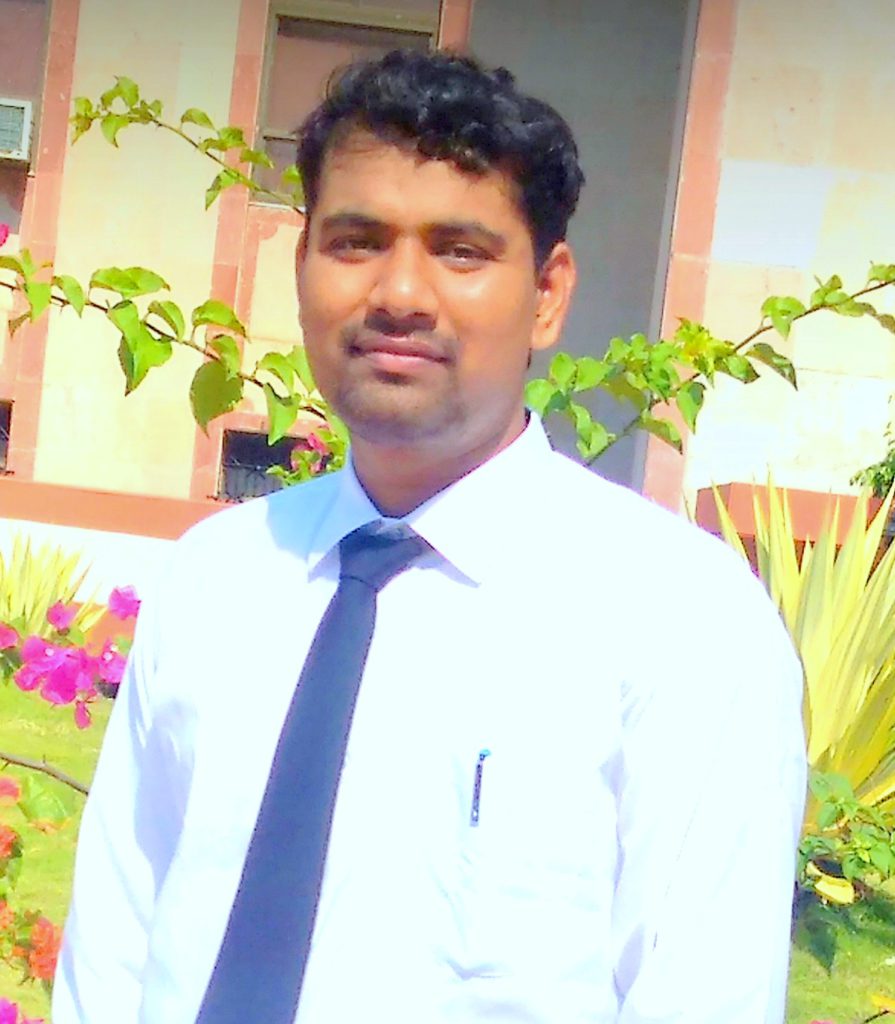Aquaculture in Reservoirs
Course Attendees
Still no participant
Course Reviews
Still no reviews
Course Name : Aquaculture in Reservoirs
Code(Credit) : FSAQ 1207 (1-1-0)
Course Objectives
- To study about the Aquaculture in Reservoirs
- To know about history and development of Aquaculture in Reservoirs
- To provide new species and strengthening stocks of fish in reservoir.
Learning Outcomes
- Production of protein rich, nutritive, palatable and easily digestible human food benefiting the whole society through plentiful food supplies at low or reasonable cost in reservoir
- Providing new species and strengthening stocks of existing fish in natural and man-made water-bodies through artificial recruitment and transplantation.
- Production of sportfish and support to recreational fishing.
- Production of bait-fish for commercial and sport fishery.
- Production of ornamental fish for aesthetic appeal.
- Recycling of organic waste of human and livestock origin.
Course Syllabus
- Theory
Definition of reservoirs in India; nature and extent of reservoirs, topography and species diversity; importance of morpho-edaphic index in reservoir productivity and classification; factors influencing fish production; trophic phases in reservoir; pre-impoundment and postimpoundment stages and their significance in establishment of reservoirs fisheries. Salient features of reservoir limnology and their significance to fisheries development; management of small, medium and large reservoirs; present status and future prospects in reservoirs fish production. Fisheries of some important reservoirs; recent advances in reservoirs fisheries management; conservation measures in reservoir fisheries. Fish stocking in Reservoirs Role of cage and pen culture in site of cage culture; cage materials,designs, shape, size and fabrication; cage frames and supporting system. Integration of cage ulture with other farming systems. History of pen culture, pen materials, fabrication; breeding of fish in pen; rearing of spawn in pen; grow-out from pens. Suitable species for culture in cages and pens; constraints in cage and pen culture; economics of cage and pen culture. - Practicals
- Preparation of charts on the present situation of reservoirs fisheries productivity; detailed case studies of selected reservoirs on the changing trends in capture fisheries profile; drawing inferences from the analysis of data; suggestions for the sustainable development of reservoirs fisheries. Case studies on cage and pen culture; field visit to cage and pen culture site to acquaint with construction details and operation.
- References
1. Aquaculture principles and practices ----TVR Pillay and MN Kutty
2. Encyclopedia of aquaculture ----RR Stickney
3. Hand book fisheries and aquaculture----ICAR New Delhi 2006
4. Sustainable aquaculture ---- BB Jena and Carl D.Webster
5. Hand book of fisheries and aquaculture ---- NIR Board of Consultants (Asia Pacific press)
Session Plan (Theory Part)
Session 1
- Definition of reservoirs in India; nature and extent of reservoirs, topography and species diversity; importance of morpho-edaphic index in reservoir productivity and classification
- http://www.fao.org/3/v5930e/v5930e01.htm
Session 2
- Factors influencing fish production; trophic phases in reservoir; pre-impoundment and postimpoundment stages and their significance in establishment of reservoirs fisheries.
- https://core.ac.uk/download/pdf/33719721.pdf
Session 3
- Salient features of reservoir limnology and their significance to fisheries development; management of small, medium and large reservoirs
- http://www.cifri.res.in/Bulletins/Bulletin%20No.93.pdf
Session 4
- Present status and future prospects in reservoirs fish production.
http://library.enaca.org/inland/reservoirs08/status_reservoir_fisheries_asia.pdf
Session 5
- Fisheries of some important reservoirs; recent advances in reservoirs fisheries management; conservation measures in reservoir fisheries.
- ReservoirFisheriesofIndia
Session 6
- Fish stocking in Reservoirs Role of cage and pen culture in site of cage culture
- https://www.slideshare.net/sbmptdr/cage-culture-107322690
Session 7
- Cage materials,designs, shape, size and fabrication; cage frames and supporting system. Integration of cage culture with other farming systems.
- https://www.slideshare.net/RakeshNirmalkar1/overview-of-cage-culture-ppt
Session 8
Session 9
- Pen materials, fabrication; breeding of fish in pen; rearing of spawn in pen; grow-out from pens.
- http://ecoursesonline.iasri.res.in/mod/page/view.php?id=35104
Session 10
- Suitable species for culture in cages and pens; constraints in cage and pen culture; economics of cage and pen culture
- https://www.slideshare.net/mandeepkaur151/lecture-3-farming-methods
Session Plan (Practical Part)
Session 1
- Suitable species for culture in cages and pens; constraints in cage and pen culture; economics of cage and pen culture
Session 2
- Detailed case studies of selected reservoirs on the changing trends in capture fisheries profile
- Drawing inferences from the analysis of data
Session 3
- Suggestions for the sustainable development of reservoirs fisheries
Session 4
- Case studies on cage and pen culture
Session 5
- Field visit to cage and pen culture site to acquaint with construction details and operation.
Case Studies
Case Studies
Our Main Teachers

Mr. Chandan Haldar is working as Assistant Professor in the School of Fisheries, Centurion University of Technology and Management, Paralakhemundi Campus, Odisha. He has completed his M.F.Sc from ICAR-Central Institute of Fisheries Education, Mumbai, Maharashtra India and his Ph. D. thesis topic is “Identification of Growth Associated SNPs in Clarias magur (Hamilton, 1822) […]


Recent Comments